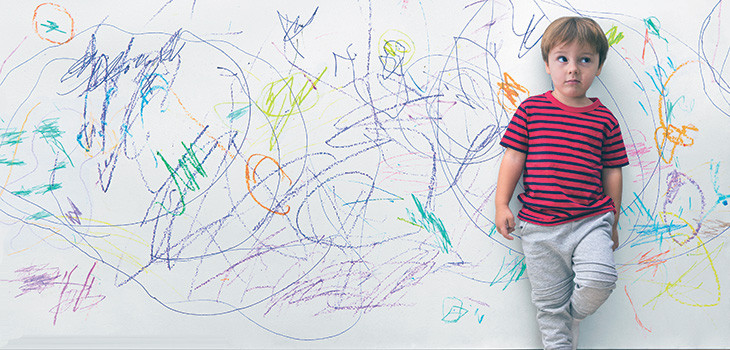
- Losing litigants sometimes sue their lawyers for negligence.
- Such claims involve scrutiny of the original judgment.
- In what circumstances will they be struck out as an abuse?
Every litigation lawyer is familiar with the complaints of the disappointed litigant. Cases have winners and losers, and the losing party may point the finger of blame at their lawyers. In some cases, they may sue for professional negligence.
If such a claim is to succeed, the claimant must persuade the judge that, had the lawyer not been negligent, the court would (or, at least, might) have reached a different decision. Therefore, the negligence claim necessarily involves scrutiny of the earlier court decision.
If a litigant has lost a claim because of the negligence of the solicitor or barrister involved, it is in most cases









